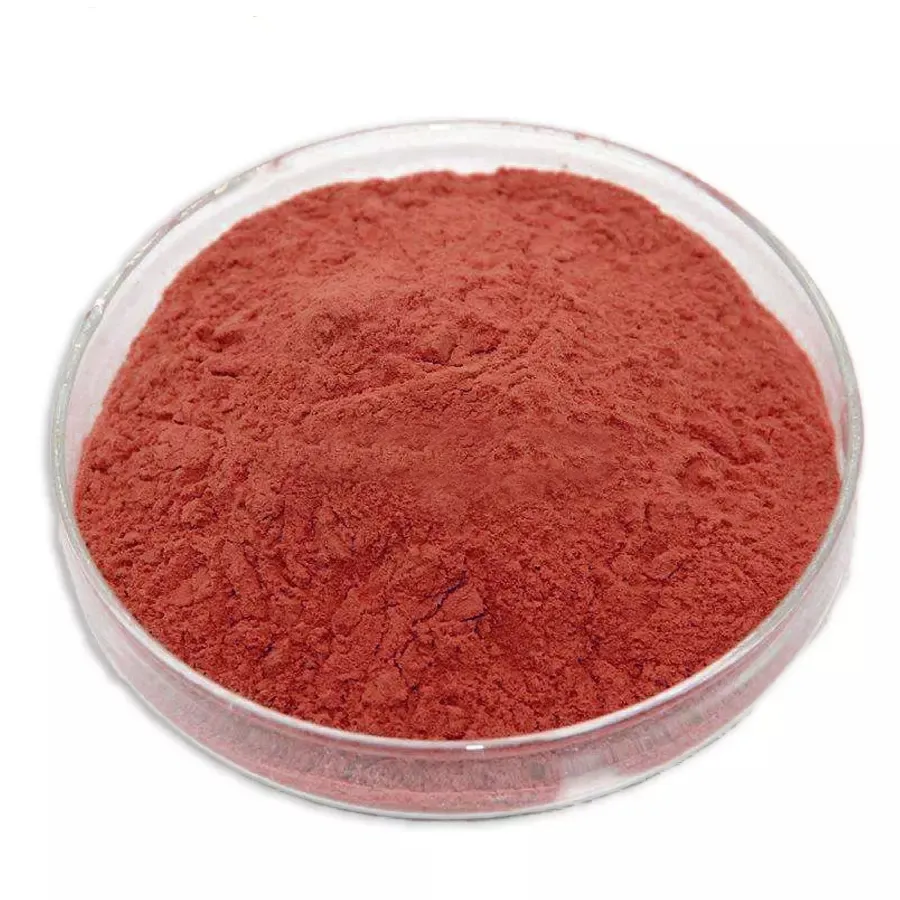Warning: Undefined array key "title" in /home/www/wwwroot/HTML/www.exportstart.com/wp-content/themes/1198/header.php on line 6
Warning: Undefined array key "file" in /home/www/wwwroot/HTML/www.exportstart.com/wp-content/themes/1198/header.php on line 7
Warning: Undefined array key "title" in /home/www/wwwroot/HTML/www.exportstart.com/wp-content/themes/1198/header.php on line 7
Warning: Undefined array key "title" in /home/www/wwwroot/HTML/www.exportstart.com/wp-content/themes/1198/header.php on line 7
- Afrikaans
- Albanian
- Amharic
- Arabic
- Armenian
- Azerbaijani
- Basque
- Belarusian
- Bengali
- Bosnian
- Bulgarian
- Catalan
- Cebuano
- China
- China (Taiwan)
- Corsican
- Croatian
- Czech
- Danish
- Dutch
- English
- Esperanto
- Estonian
- Finnish
- French
- Frisian
- Galician
- Georgian
- German
- Greek
- Gujarati
- Haitian Creole
- hausa
- hawaiian
- Hebrew
- Hindi
- Miao
- Hungarian
- Icelandic
- igbo
- Indonesian
- irish
- Italian
- Japanese
- Javanese
- Kannada
- kazakh
- Khmer
- Rwandese
- Korean
- Kurdish
- Kyrgyz
- Lao
- Latin
- Latvian
- Lithuanian
- Luxembourgish
- Macedonian
- Malgashi
- Malay
- Malayalam
- Maltese
- Maori
- Marathi
- Mongolian
- Myanmar
- Nepali
- Norwegian
- Norwegian
- Occitan
- Pashto
- Persian
- Polish
- Portuguese
- Punjabi
- Romanian
- Russian
- Samoan
- Scottish Gaelic
- Serbian
- Sesotho
- Shona
- Sindhi
- Sinhala
- Slovak
- Slovenian
- Somali
- Spanish
- Sundanese
- Swahili
- Swedish
- Tagalog
- Tajik
- Tamil
- Tatar
- Telugu
- Thai
- Turkish
- Turkmen
- Ukrainian
- Urdu
- Uighur
- Uzbek
- Vietnamese
- Welsh
- Bantu
- Yiddish
- Yoruba
- Zulu
Nov . 09, 2024 06:00 Back to list
Understanding the Uses and Benefits of Propylene Glycol in Various Industries
The Versatile Uses of Propylene Glycol
Propylene glycol, a colorless, odorless, and hygroscopic organic compound, is increasingly recognized for its versatility and safety. Chemically known as 1,2-propanediol, it is a synthetic liquid substance that belongs to the family of glycols and is commonly used in a wide array of industries including food, pharmaceuticals, cosmetics, and industrial applications.
Composition and Properties
Propylene glycol is a byproduct of petroleum refinement; however, it can also be produced from renewable resources. This compound is soluble in water, ethanol, and acetone, which makes it an excellent solvent for various substances. Its hygroscopic nature allows it to retain moisture, making it particularly useful in formulations that require hydration.
Applications in Food Industry
One of the most notable uses of propylene glycol is in the food industry, where it acts as a food additive (E1520). It is commonly used as a humectant, solvent, and emulsifier. It can help retain moisture in food products such as baked goods, ensuring they remain fresh and appealing for longer periods. Additionally, propylene glycol is used to dissolve food colorings and flavorings, making it easier to incorporate them into food products, enhancing both visual and taste qualities.
Usage in Pharmaceuticals
In pharmaceuticals, propylene glycol serves as an important ingredient in many drugs, particularly injectable medications. Its ability to mix well with both water and oil allows it to serve multiple roles, including acting as a solvent for active ingredients and a stabilizer for formulations. It is also found in topical medications, oral solutions, and even in personal care products. The safety profile of propylene glycol makes it a preferred choice in pharmaceutical applications.
propylene glycol in

Role in Cosmetics and Personal Care
In cosmetics and personal care products, propylene glycol is prized for its ability to keep skin moist and improve product texture. It acts as a humectant, helping to draw water into the skin and preventing moisture loss. It is commonly found in creams, lotions, shampoos, and deodorants, enhancing not only the product effectiveness but also the sensory experience of the user.
Industrial Applications
The application of propylene glycol extends to various industrial uses as well. It is utilized as an antifreeze and coolant in hydraulic systems, engines, and refrigeration equipment due to its low freezing point. Additionally, it is also used as a carrier for certain pesticides, as well as in the manufacturing of plastics and resins, demonstrating its wide-ranging applicability across sectors.
Safety and Regulation
The safety of propylene glycol has been evaluated by numerous health organizations, including the U.S. Food and Drug Administration (FDA) and the World Health Organization (WHO), both of which classify it as safe for consumption when used properly. Its non-toxic nature sets it apart from ethylene glycol, which is hazardous.
Conclusion
The multifaceted applications of propylene glycol underscore its significance across diverse industries. From maintaining the freshness of our food to enhancing the efficacy of medicines and cosmetics, this compound exemplifies how versatile and safe chemicals can greatly improve the quality of everyday products. As industries continue to seek effective and safer ingredients, propylene glycol is poised to remain an invaluable resource well into the future.
Latest news
-
Certifications for Vegetarian and Xanthan Gum Vegetarian
NewsJun.17,2025
-
Sustainability Trends Reshaping the SLES N70 Market
NewsJun.17,2025
-
Propylene Glycol Use in Vaccines: Balancing Function and Perception
NewsJun.17,2025
-
Petroleum Jelly in Skincare: Balancing Benefits and Backlash
NewsJun.17,2025
-
Energy Price Volatility and Ripple Effect on Caprolactam Markets
NewsJun.17,2025
-
Spectroscopic Techniques for Adipic Acid Molecular Weight
NewsJun.17,2025

